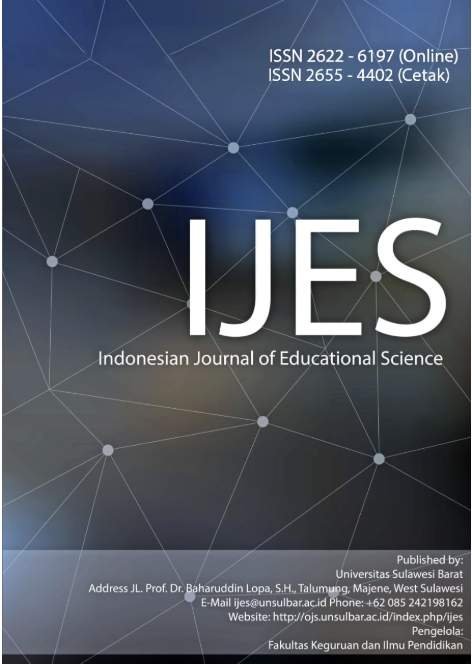Main Article Content
Abstract
This study evaluates pre-service science teachers’ conceptual understanding of global warming using the Content Representation (CoRe) instrument. A descriptive design was employed with purposive sampling of second-year science education students. Data were gathered through eight CoRe prompts eliciting essential concepts, rationales, instructional sequencing, student considerations, decision factors, assessment strategies, and anticipated challenges. Responses were scored with a four-level rubric to derive profiles of strengths and weaknesses. Findings indicate overall understanding at a medium yet tending-to-low level; participants could identify core ideas and justify relevance but struggled to organize coherent conceptual sequences, connect student context to instructional decisions, and articulate specific indicators of understanding. These findings highlight the necessity to enhance mechanism-based content knowledge, assessment literacy for conceptual comprehension, and evidence-informed practice via microteaching and data-analysis activities. The study recommends integrating CoRe as a structured reflection tool within teacher education curricula.
Keywords
Article Details

This work is licensed under a Creative Commons Attribution-NonCommercial-ShareAlike 4.0 International License.
